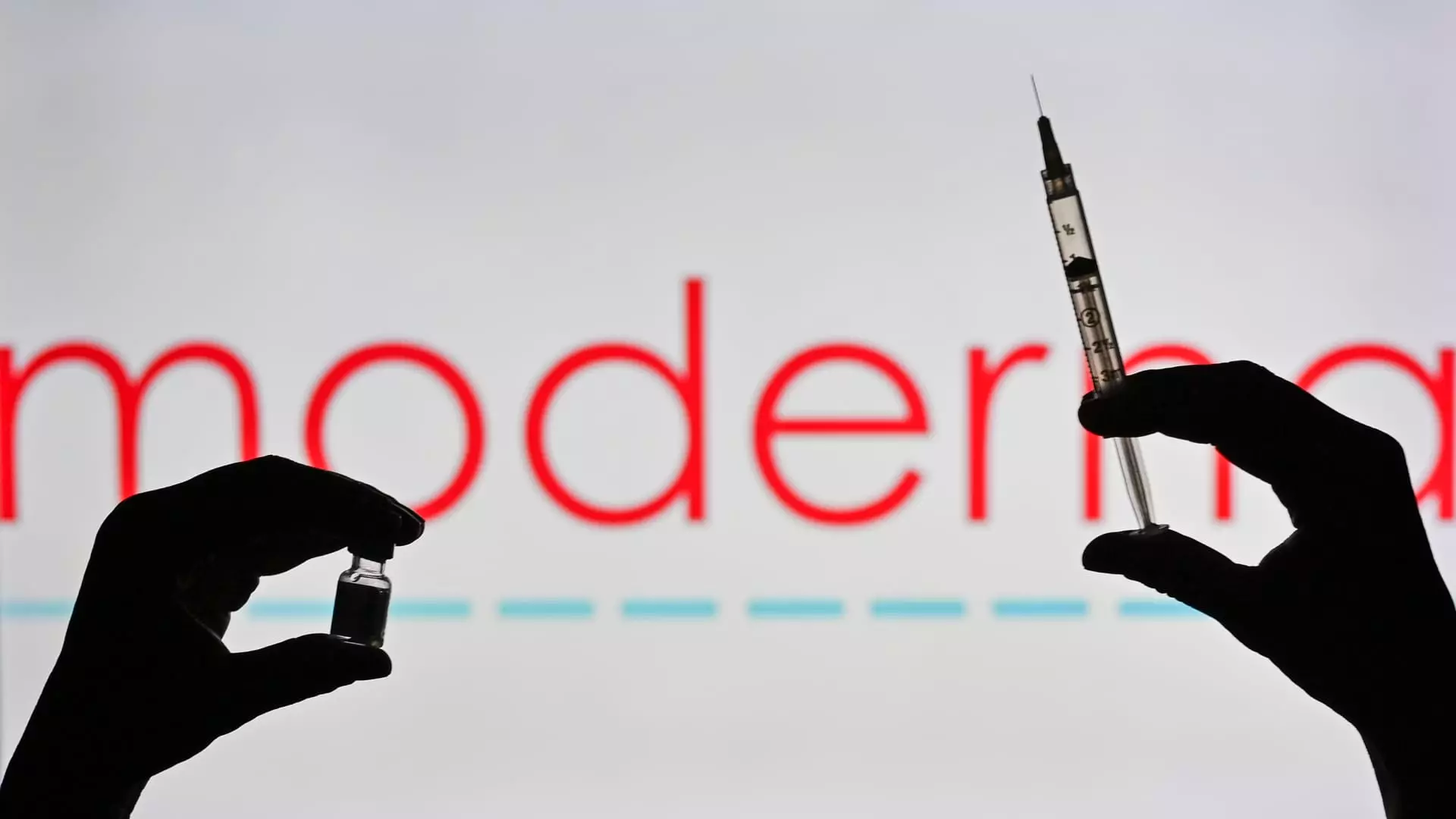Modern and Merck recently released positive three-year data on their experimental vaccine, combined with Keytruda therapy, for patients with deadly skin cancer. The vaccine showed promising results in improving survival rates and long-lasting efficacy in midstage study participants at the American Society of Clinical Oncology annual meeting.
The study revealed that the combination of the vaccine and Keytruda significantly increased the survival rate of patients, with nearly 75% of patients alive and showing no signs or symptoms of cancer recurrence at the 2 ½ year mark. This is compared to only 55.6% of patients who received Keytruda alone. The results were consistent across different patient subgroups, showing potential for broad spectrum effectiveness.
The overall survival rate for patients who received the vaccine in combination with Keytruda was 96% after 2 ½ years, compared to 90.2% for those who only received Keytruda. This data suggests a substantial increase in survival rates for patients with deadly skin cancer, highlighting the importance of combination therapies in cancer treatment.
The study reported that the most common side effects associated with the vaccine were fatigue, injection site pain, and chills, with the majority being mild. Patients who received the combination treatment experienced slightly higher immune-related side effects, indicating the need for close monitoring during therapy.
The mRNA technology used in the vaccine, similar to Moderna’s Covid vaccine, allows for custom-built vaccines based on individual tumor analysis. This personalized approach aims to train the immune system to target specific cancer mutations. The companies are also planning to expedite the approval process with the FDA, showing promising developments in cancer treatment.
The breakthrough therapy designation given to the cancer vaccine by the FDA highlights the potential of this treatment in addressing serious and life-threatening diseases. Melanoma, responsible for the majority of skin cancer deaths, continues to be a significant health concern, and the study results provide hope for improved outcomes for patients with advanced stages of the disease.
Moderna and Merck’s three-year data on the experimental cancer vaccine, in combination with Keytruda therapy, demonstrates significant advancements in cancer treatment. The positive results, along with the personalized approach and expedited approval process, point towards a brighter future for patients with deadly skin cancer. Continued research and development in this area are crucial for improving outcomes and reducing the burden of melanoma on public health.

